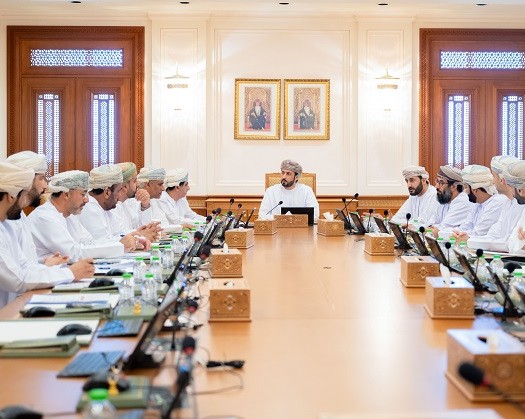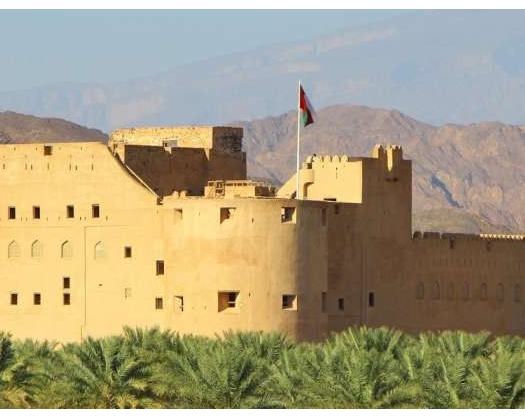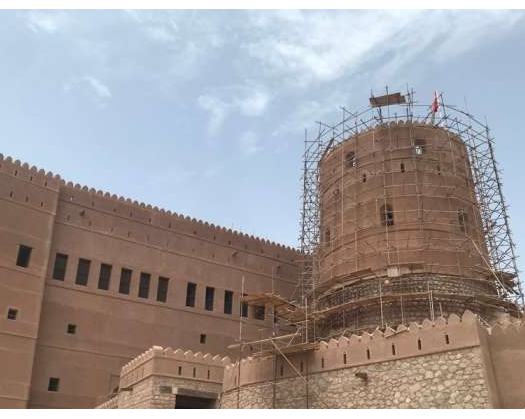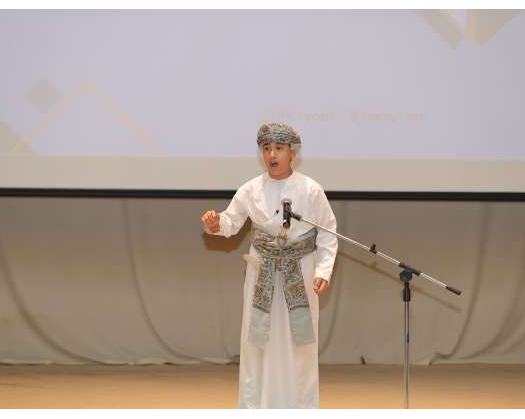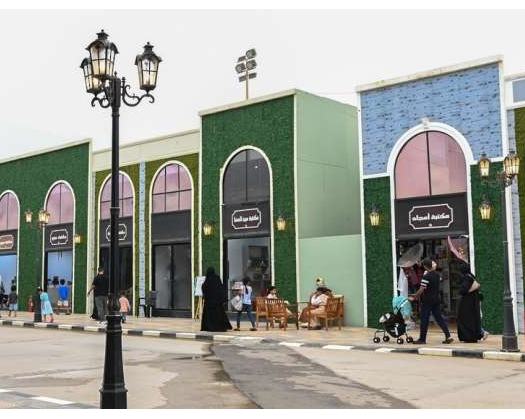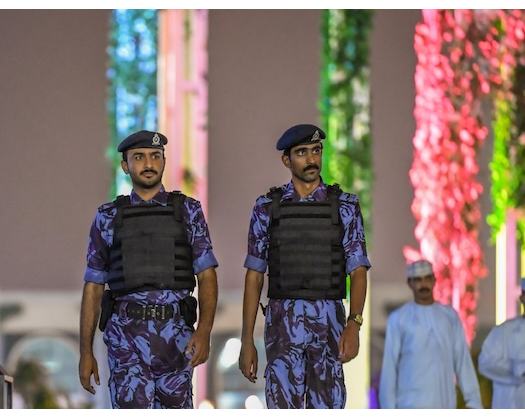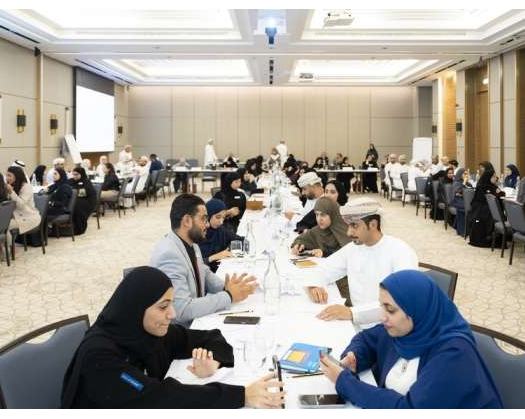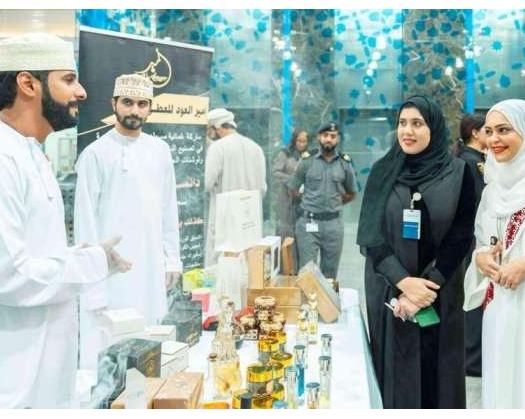Muscat: The Bureau convened its 12th regular meeting of the second annual sitting of the Tenth Term (2023–2027), chaired by Tahir Mabkhoot AlJunaibi, Deputy Chairman of the Council, in the presence of Council Bureau members and Sheikh Ahmed Mohammed Al Nadabi, Secretary General of the Shura Council.
During the meeting, the Bureau considered a variety of government replies and official correspondences, as well as reports from the Council's permanent committees and working groups.
The meeting also agreed on a set of follow-up tools proposed by Council members.
The reports discussed were those of the working team's evaluation of the Social Protection System's benefits. Established in January 2025, the team was charged with reviewing existing benefits in light of new social needs and concerns.
The report described the team's approach, which included analyzing relevant literature, benchmarking against international best practices, and identifying legislative and regulatory shortcomings.
It also shared the results of its meetings with stakeholders and specialists, as well as a proposed set of actionable recommendations.
The Bureau also reviewed the Digital Economy Working Team's report, which was established to assist Oman's strategic move toward a strong digital economy in accordance with Oman Vision 2040. The report contained major findings from consultations, meetings, and sectoral assessments, as well as suggestions for improving the Sultanate's digital ecosystem.
The Bureau studied the working group's report, which was tasked with assessing and evaluating proposals and reports presented to the Council.
The meeting also included updates from the Council's standing committees.
Among them was the Health and Social Committee's recommendation to encourage investment in the private healthcare sector.
The report provided a summary of the committee's activities, data analysis, stakeholder engagements, and major recommendations.
The Bureau decided to incorporate this report into the agenda of the next Council meeting.
The Services and Public Utilities Committee also examined the report on improving telecommunications service in Oman.
The study examined the performance of key firms, sectoral financial data, and made recommendations to enhance service quality around the country.
The Bureau examined the Youth and Human Resources Committee reports, which included a proposal to establish a national center for talented Omanis, a report on the implementation of the Wage Protection System, and a response to the complaints of Al Bashayer Company's laid-off employees.
The session also examined responses from government agencies to Council inquiries.
These included a response from the Minister of Health to the issue of why biomedical engineering graduates could not find work.
The Ministry acknowledged efforts to recruit national talent through numerous recruitment programs, including on-the-job training, and emphasized the establishment of a specialized lab to address health sector human resources (HR) issues.
The Bureau examined a response from the Chairman of the Telecommunications Regulatory Authority (TRA) regarding the price of internet services.
The response highlighted the Authority's continued efforts to promote competition, monitor pricing, and provide personalized packages for various user groups, all in accordance with the Telecommunications Regulatory Law.
The Ministry of Labour submitted a letter on international labour conventions ratified by the International Labour Conference, including fifteen instruments for legislative approval.
The Bureau reviewed external participation reports that detailed the Council's engagement in regional and international parliamentary assemblies, as well as follow-up tools and correspondences submitted by Council members.

